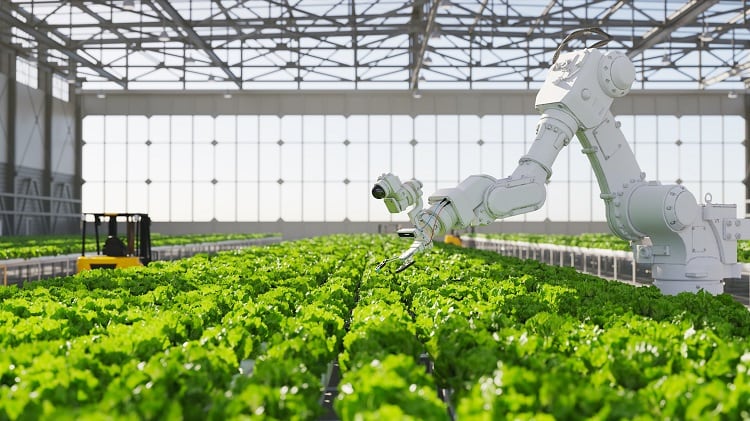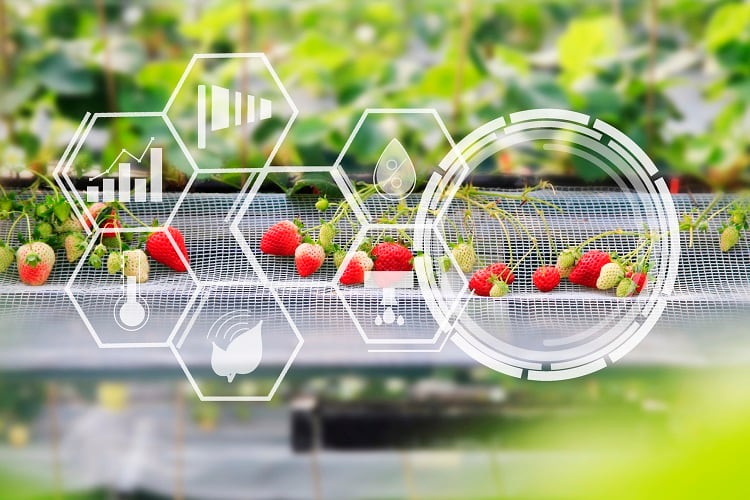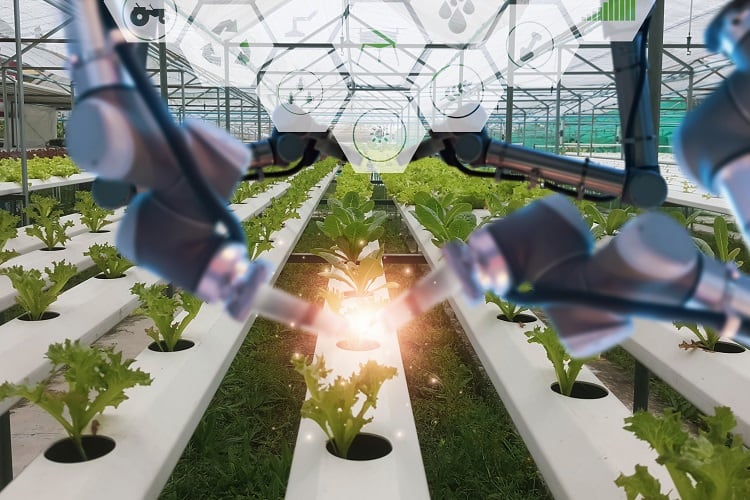Innovation in the food and beverage industry is fundamental to the future of food security. In spite of this, investment is dropping and food tech businesses face multiple barriers in their efforts to innovate. So, what is the EU doing to support the industry and encourage creativity?
How is the EU supporting innovation in food and beverage?
The EU has long supported innovation in the food and beverage industry, launching the European Institute of Innovation and Technology (EIT), in 2008. Now, it’s doubling down on that focus, with the European Innovation Council (EIC).
Established as part of the EU’s Horizon Europe programme, the EIC was officially launched in March 2021, with the aim to identify, develop and scale up breakthrough technologies and game changing innovations.
“The European Innovation Council supports deep tech innovations with a disruptive effect on the market,” Ivan Stefanic, programme manager for Food Chain Technologies and Novel and Sustainable Food at the European Innovation Council, told FoodNavigator. “Those are radical innovations, based on serious research and comprehensive IP protection.”
And while it’s still relatively new, the EIC’s plan to shake up the industry and get innovation back on the agenda is well underway, becoming instrumental in the development of the food and beverage industry, and AgriTech.
“The role of EIC has become absolutely irreplaceable,” says Stefanic. "It's our blended financing model, simultaneous application of top-down and bottom-up approach, continuity and continuous improvement."
So how does the EIC find the right people and companies to invest in?
“Each year we publish our Work Programme, which includes three instruments, Pathfinder, Transition and Accelerator,” says Stefanic.
What are the EIC’s Pathfinder, Transition and Accelerator programmes?
Pathfinder
The EIC Pathfinder is a funding programme offering support to research teams by:
- Funding research to develop the scientific basis to underpin breakthrough technologies.
- Supporting the earliest stages of scientific, technological or deep-tech R&D.
- Aiming to build on new, cutting-edge directions in science and technology to disrupt a field and a market or create new opportunities.
- Realising innovative technological solutions to identify, develop and scale up breakthrough technologies and disruptive innovations in Europe.
Transition
The EIC Transition is a funding programme targeting innovation activities that the EIC believes to go beyond the experimental proof of principle in the laboratory. It supports both the maturation and validation of novel technologies from the lab to the relevant application environments.
The EIC Transition offers support to SMEs, start-ups and organisations that:
- Have identified EU-funded project results, with commercial potential for the basis for innovation and new businesses.
- Create novel technologies and are ready for the next step towards maturation and validation.
- Have conducted preliminary research to identify potential markets for their innovation.
- Envisage building a motivated and entrepreneurial team with a mix of skills, including researchers, business people and marketers, to develop and drive the idea towards commercial success.
Accelerator
The EIC Accelerator is a funding programme offering support to start-ups and SMEs the EIC believes:
- Have an innovative, game changing product, service or business model that could create new markets or disrupt existing ones in Europe.
- Have the ambition and commitment to scale up.
- Are looking for substantial funding, but the risks involved are too high for private investors alone to invest.
How can a company join one of these programmes?
For businesses to get involved with the EIC’s programme, they must be ready to find and develop solutions to existing problems within the world of food and beverage.
“We’re looking for people and companies with a deep tech, disruptive effect on the market,” he explains.
But the beauty of the programme lies in the fact that regardless of portfolio, if a business has a strong understanding of food tech and a creative, problem-solving mind then they have a chance of success.
“Anyone can apply,” he says. "Though It's important to acknowledge that applicants can apply to challenge call if they target the specific objectives. If not then they can still apply to open calls."
However, there are areas that the EIC is currently focusing on and to do this, they set challenges to be solved. In particular, the challenge of creating technologies that strengthen the European food and beverage industry.
“This is important for the European economy,” says Stefanic. “Challenges are specifically designed to solve important problems and provide commercially viable solutions.”
And once companies have worked with the EIC and completed the Pathfinder, Transition or Accelerator programme, they can still call on the expertise of EIC teams.
“We’re working with high-tech businesses, which need support throughout the innovation development path,” says Stefanic. “But they also need that support once they successfully graduate from the EIC programme, and we’re happy to serve them.”
However, it’s not just about the larger instruments (Pathfinder, Transition and Accelerator programmes), there are also smaller support programmes available.
“We have smaller programmes, such as Booster Grants, Tech2Market and Business Acceleration Services. These are specifically crafted to support companies when they struggle with something, for example getting their new technology to market. In this instance we help them to shape their business model, create appropriate IP strategy, and any other aspects involved in the process,” he adds. “They are fully supported along the way.”
Future Food-Tech 2024
Ivan Stefanic, programme manager for Food Chain Technologies and Novel and Sustainable Food at the European Innovation Council, will be speaking at the upcoming Future Food-Tech event, in London, on 2-3 October.
Discover the full event agenda and get your tickets here.
Stefanic will be discussing the European Innovation Council’s accelerator programmes and how they are shaping Europe’s agri-food ecosystem.






